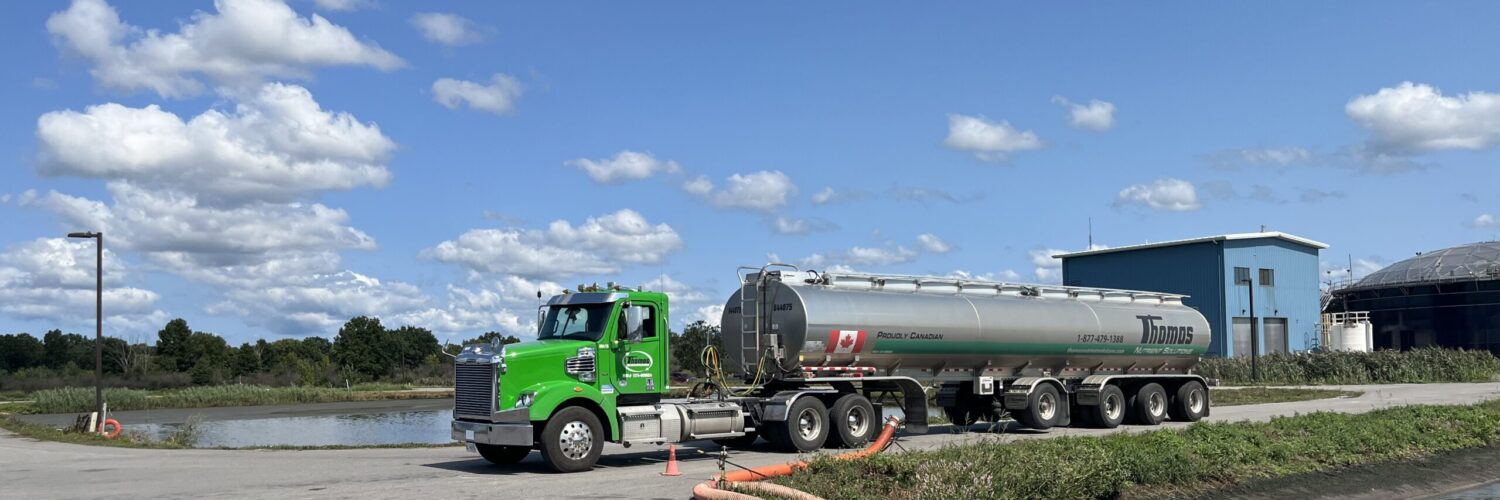A sound biosolids management program is necessary to ensure a healthy citizenry and a safe environment. The local government must work with the community in developing strategies for the collection, disposal and recycling of domestic waste. Municipal wastewater, when properly processed and treated in a treatment facility, can be recycled into biosolids and applied to agricultural land as fertilizers. Biosolids are known to improve soil, stimulate plant growth and increase crop yields, allowing framers to minimize or even eliminate the use of chemical fertilizers. Biosolids require less fossil fuels to produce and helps to reduce the need to maintain costly landfills. In Canada, it is estimated that around 660,000 tonnes of biosolids are produced each year.
To develop an effective biosolids management strategy, complex environmental, social, technological, and financial factors must be carefully taken into consideration. Effective implementation requires careful planning and diligent monitoring.
There are several factors that influence a successful biosolids management program including:
Treatment Method
Sewage sludge needs to go through physical, chemical and biological processes before it can be considered safe to use as fertilizer. One of the most important decisions that wastewater treatment plant managers need to make is the type of method or technology to employ. Consideration must be taken in determining the capital investment, human resources, equipment, chemicals and energy requirements for each process. Other factors include effluent volume, the location of the site (whether it is near populated areas), as well as land availability. Common sewage sludge treatment methods include dewatering, Mesophilic Anaerobic Digestion (MAD), Thermophilic Aerobic Digestion (TAD), alkaline stabilization, thermal drying, and composting.
Regulatory Requirements
Municipal biosolids must meet jurisdictional standards, guidelines or requirements including the reduction of pathogens and vector attraction before they can be applied to agricultural land as fertilizers. Land applied biosolids must meet these strict regulations and quality standards. Municipal biosolids, when imported or sold in Canada, are regulated under the Federal Fertilizers Act and Regulations which are administered by the Canadian Food Inspection Agency (CFIA).
Program Financing
Designing, building, and operating a wastewater treatment plant requires a significant capital outlay. This can be a challenge for smaller municipalities in Canada. In general, local governments own, operate and maintain majority the nation’s 3,500 wastewater treatment systems that use first-rate technology to protect public health and keep waterways and coastlines clean. In its 2016 budget, the Canadian government has established the Clean Water and Wastewater Fund, which commits $2 billion over four years to water, wastewater and storm water system improvements.
Addressing the Public’s Concerns
The opinions and concerns of the local community play a significant role in developing an appropriate wastewater and biosolids management program. Land application of biosolids is a controversial issue. Many have expressed fears about the potentially negative effects of biosolids on human health and the quality of life for nearby residents. There must be continued dialogue to convince the local population that the biosolids program is not only low risk, but it is also economically beneficial. Thus, it is important to educate and involve citizens in the various aspects of the planning and operation of the wastewater treatment facility to ensure their support. Managers must also be responsive to health complaints by the residents, when necessary.
If you are a municipality in Ontario and in need of a biosolids management solution, please feel free to contact us at 1 (877) 479-1388.
Sources:
https://www.ccme.ca
https://fcm.ca

